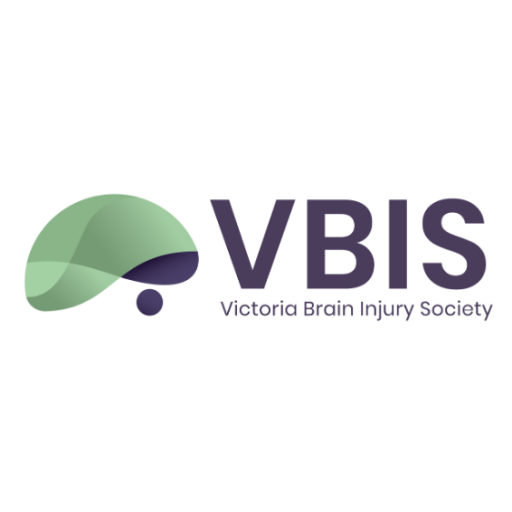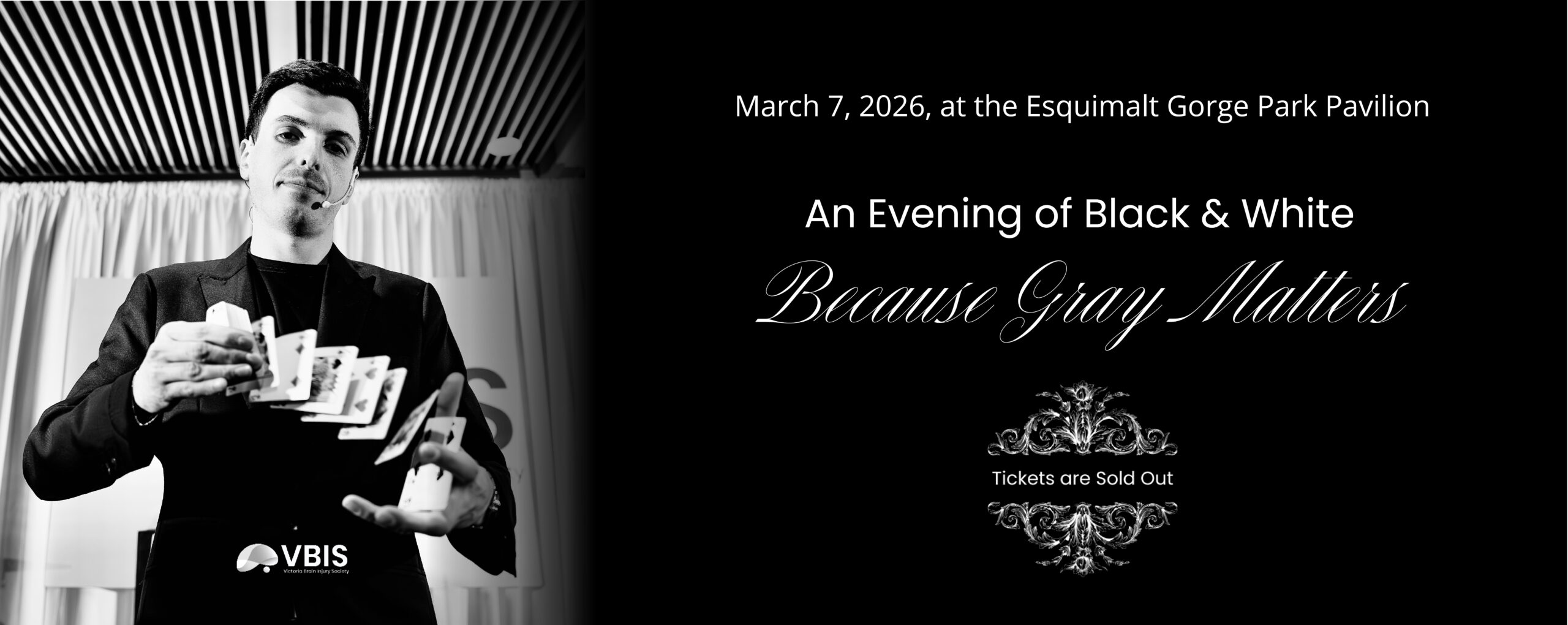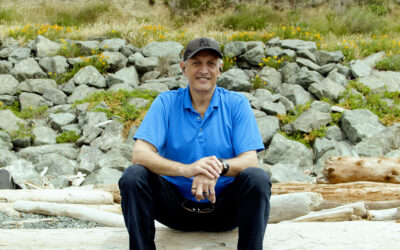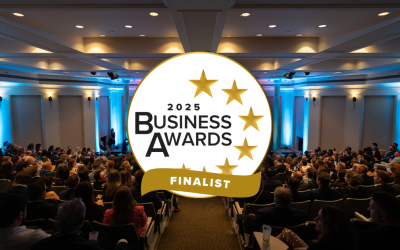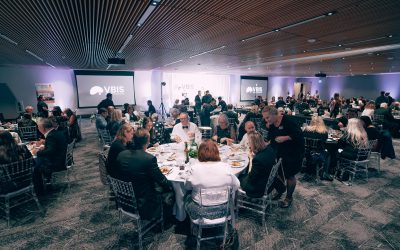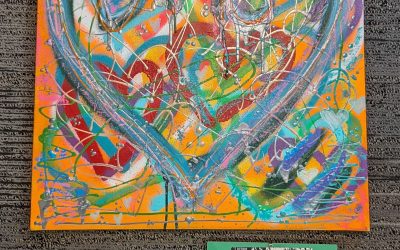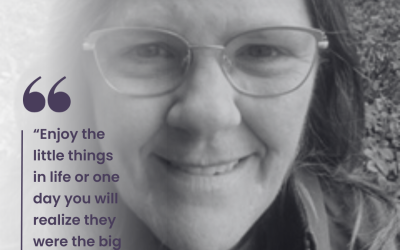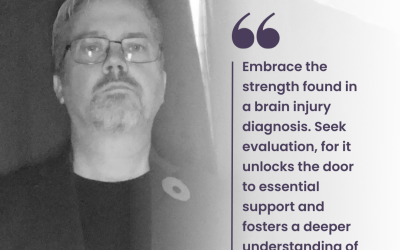Building better futures for brain injury survivors
Our mission is to support, educate, advocate and provide housing assistance for brain injury survivors and their families.
In doing so, we strive to increase community awareness about brain injuries and reduce the harmful stigma experienced by survivors.
Every brain injury is unique. So is every survivor story.
1.5 million Canadians have had their lives significantly impacted by brain injury, yet over half of us know little to nothing about them.
As an invisible injury, it can be challenging to perceive, understand, and appropriately interact with brain injury survivors.
Listening to their stories is a great first step.
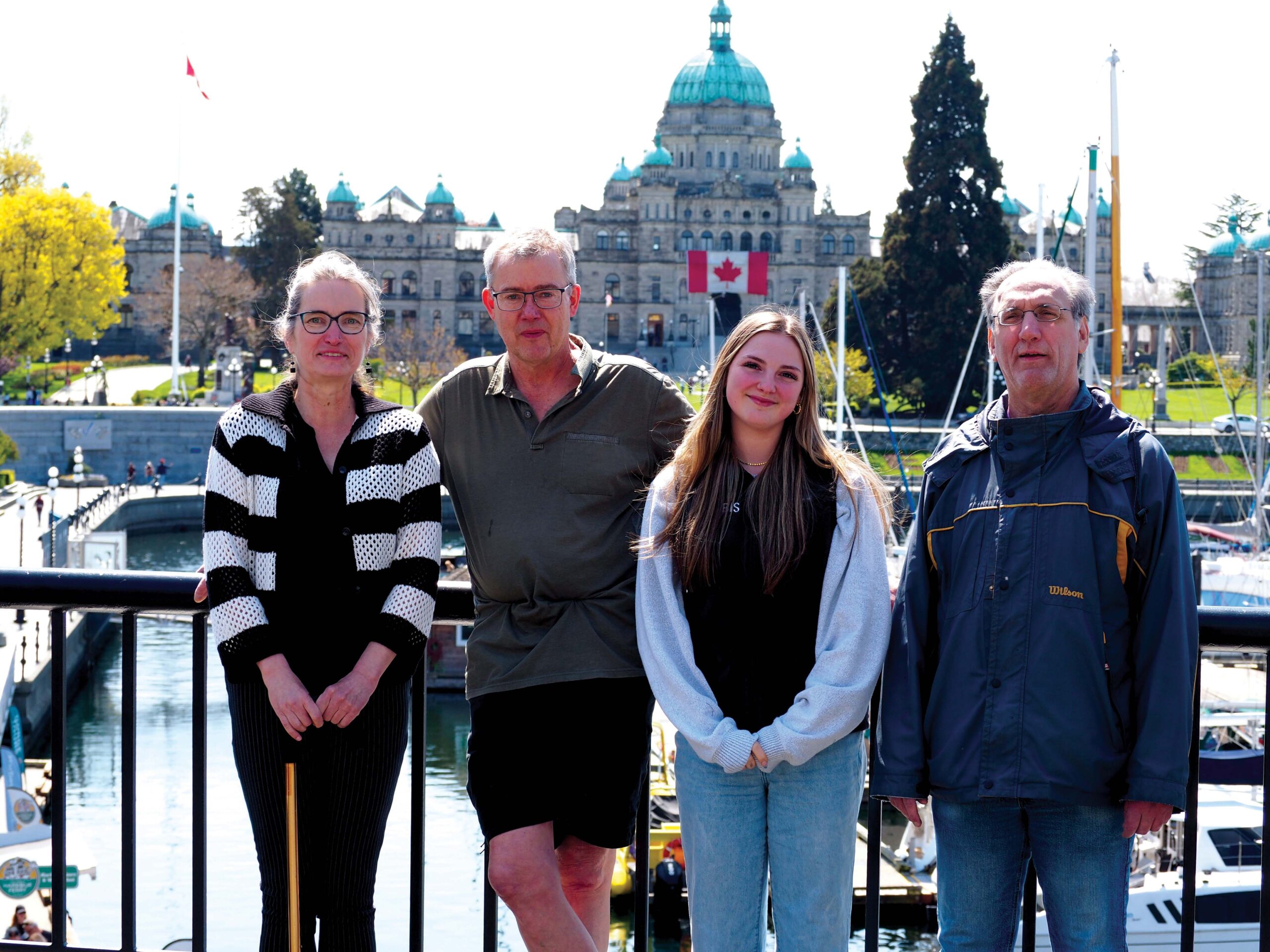

Support
While brain injuries may be invisible, your journey is not.
Access our comprehensive support services, educational resources, and explore our no-cost programs designed to empower and assist you every step of the way.

Advocate
Everyone deserves the support they need to thrive.
Our advocacy services pair clients with dedicated case managers who offer one-on-one support tailored to your needs.

Educate
Knowledge is power.
We provide essential educational resources that empower individuals, families, and communities to better understand brain injuries.

Housing Support
A stable home is a foundation for recovery.
With the support of our Housing Coordinator, you will receive personalized help to overcome housing barriers, while developing vital skills for long-term independence.
Our Programs

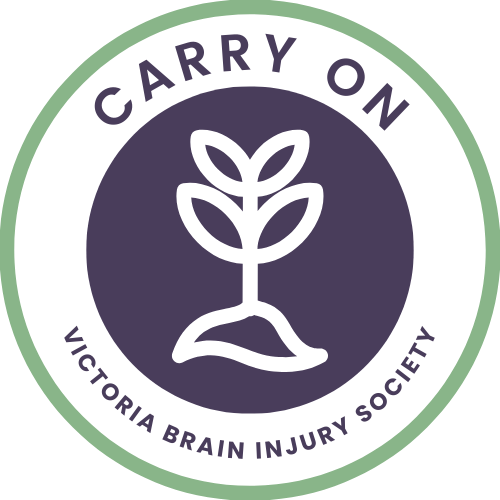

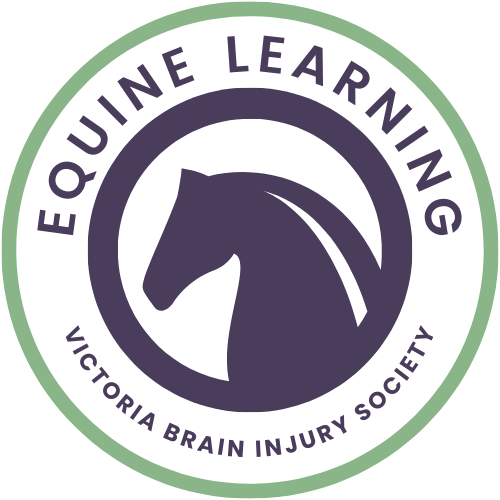
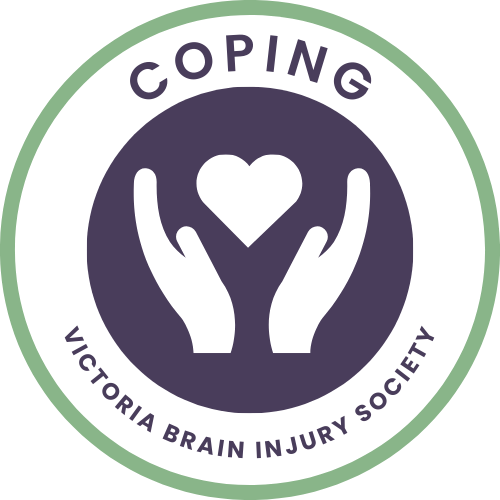
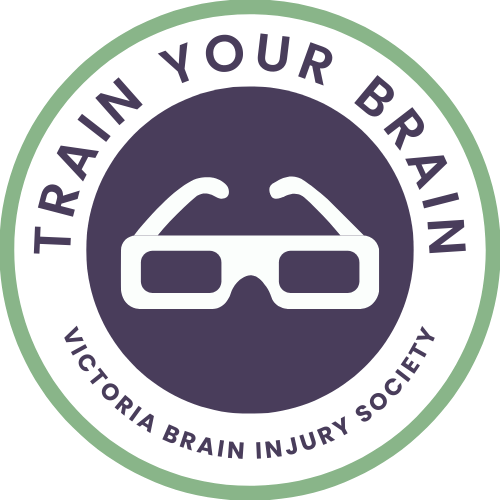
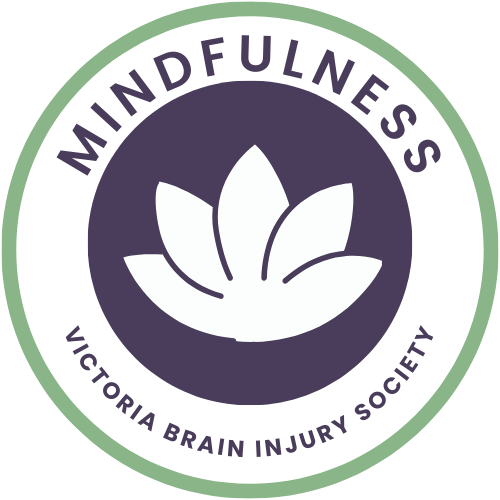

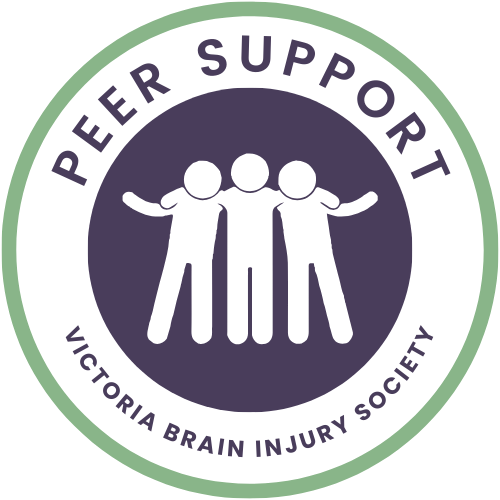
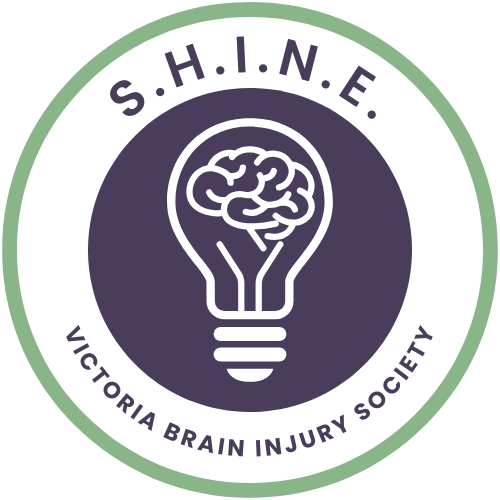

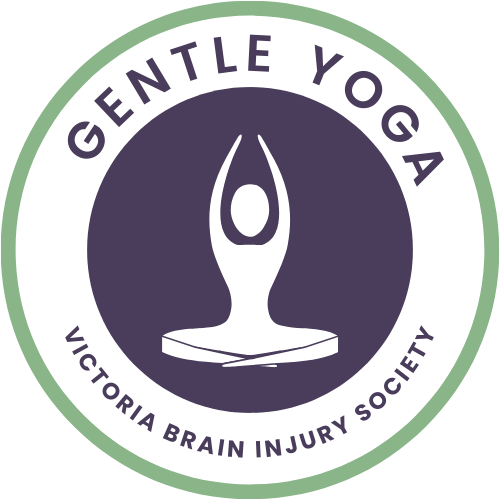
Latest News
Beyond the Surface: What Brain Injury Awareness Month Means to Survivors
By Adam Scott Why June Matters For many Canadians, June isn’t just another month, rather, it is a time to acknowledge the ongoing journeys of those...
Finalist in the Greater Victoria Business Awards 2025
The Victoria Brain Injury Society is a finalist for not for profit of the year in the Greater Victoria business awards 2025. As a vital resource for...
Annual Gala Raises Over $128,000 to Support Brain Injury Survivors
The annual An Evening of Black and White... Because Gray Matters gala has raised a grand total of $128, 382 in support of programs and services for...
Stories of Resilience
Grief, support and resilience — Judy’s story
Before their brain injury, Judy was a community support worker, an entrepreneur, and an artist. They had already overcome many challenges, including sexism, racism, classism and a major health...
Survivor Stories: Show Curiosity over Judgement
With Remembrance Day so recently passed, it’s crucial to acknowledge the hidden struggles of veterans, which can persist long after their service. This story briefly highlights the journey of a veteran whose military experience led to a challenging battle with traumatic brain injuries (TBI).
Survivor Stories: An Unseen Battle
With Remembrance Day so recently passed, it’s crucial to acknowledge the hidden struggles of veterans, which can persist long after their service. This story briefly highlights the journey of a veteran whose military experience led to a challenging battle with traumatic brain injuries (TBI).
